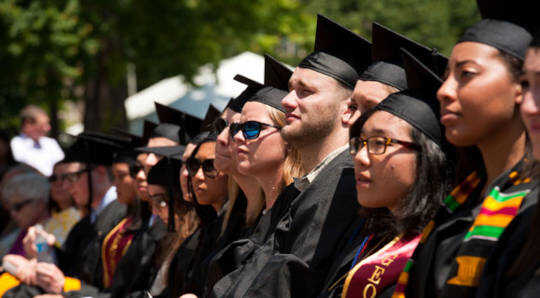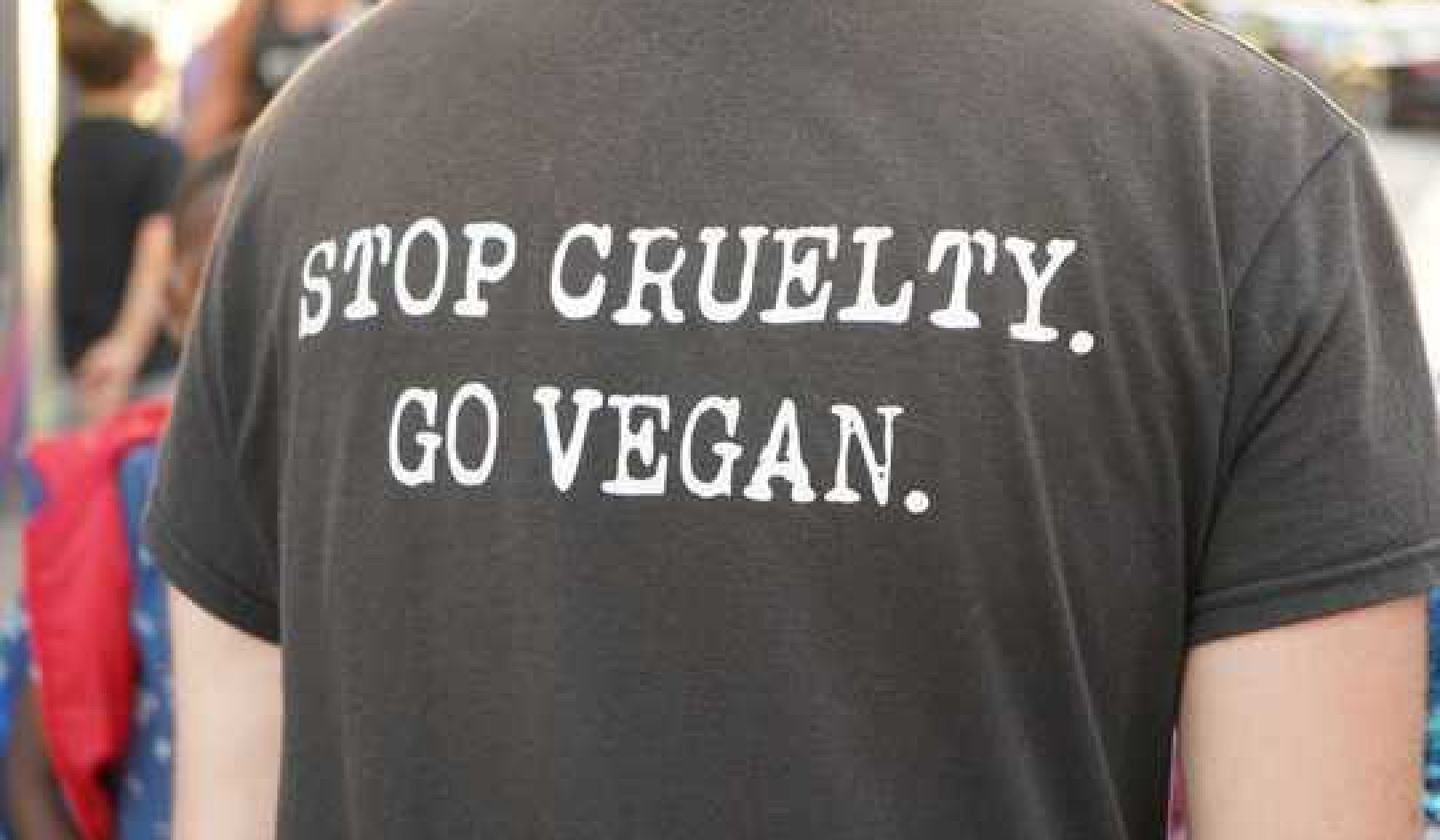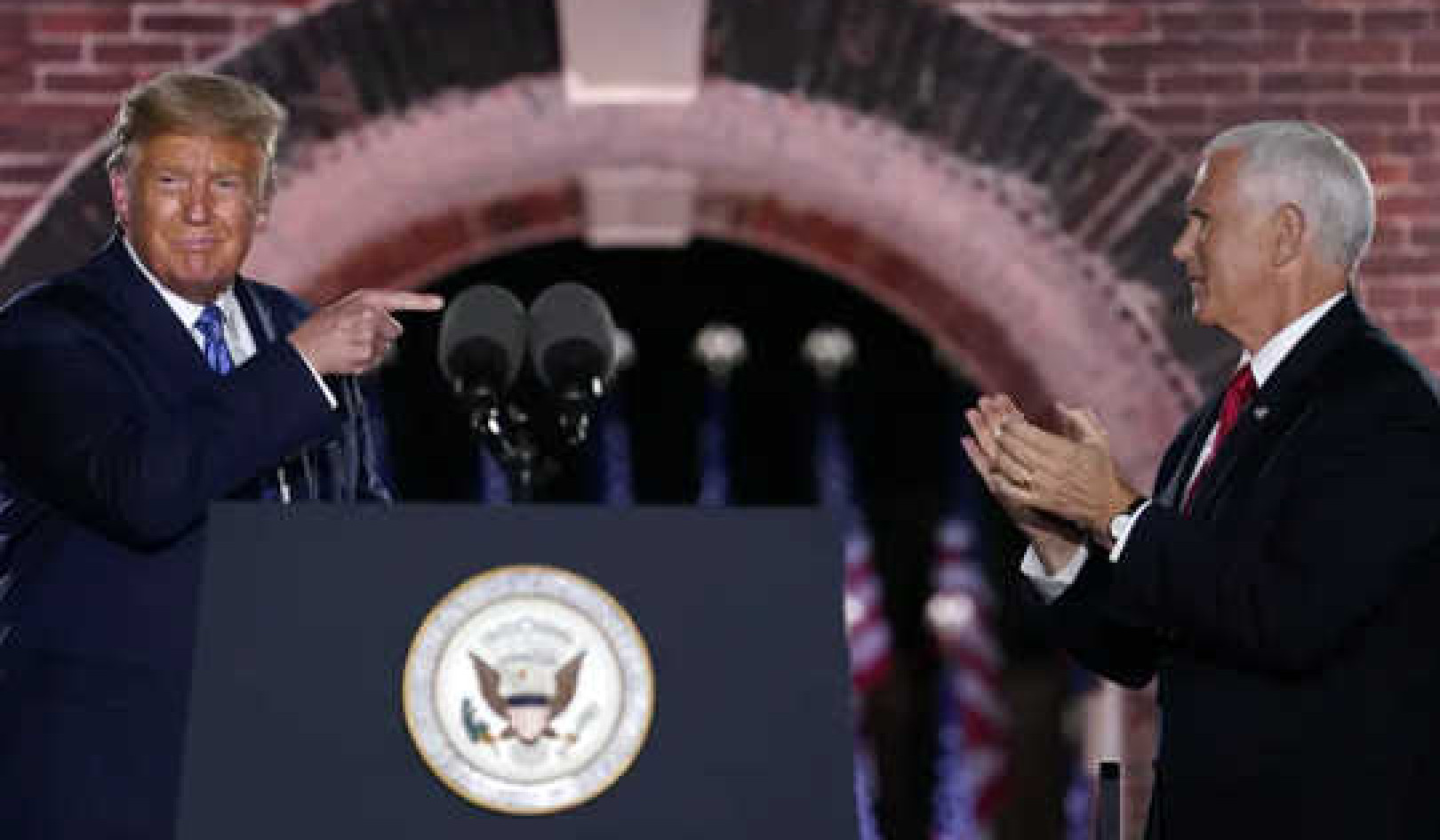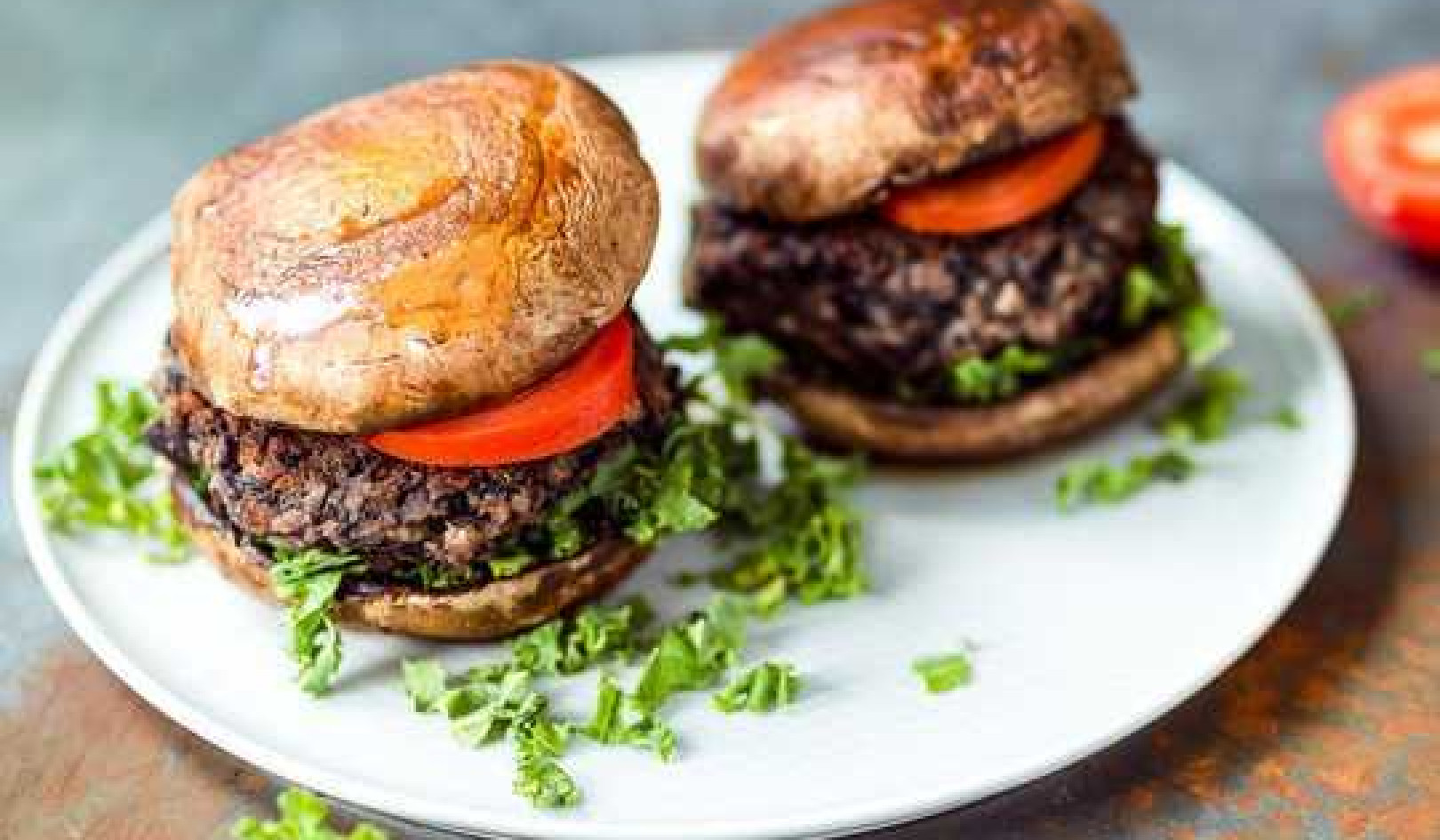
I grew up in a poor, undocumented family. I was lucky — we got our legal residency, I got an education, and now I have a good job. But no one should have to count on luck.
Here’s my story and what I’ve learned.
My dad came to the U.S. to work through the Bracero program. He sent money to support us back in Mexico, but after 10 years apart, my family was desperate to reunite. So in the early 1980s, my mother took me, my sister, and brother across the border.
I was five years old, but I remember the heat, the exhaustion, the fear, and the hope. When we first reunited with my dad, he was living in a house with nine other workers. For years, living with others was the only way we could make rent.
We put down roots in a conservative, majority-white town south of Dallas. At first, my parents were afraid to put us in school or even let us play outside — they feared we would be discovered and taken away. Eventually, we were enrolled in school, but the fear and trauma persisted. Neighbors called us “illegals,” “wetbacks,” and worse.
Money was tight. My dad worked hard at the local recycling center for less than $200 a week. As a full-time babysitter, my mom just earned $20 a week. We had beans and tortillas, a roof over our cramped living quarters, and that was it.
I remember my brother, a talented soccer player, once needed $16 socks. Afterwards, food was scarce. So we kids went to work young. We barely got by, and we lived in constant fear of deportation.
Finally, in 1986, there was a legal amnesty program for immigrants like us. My dad was afraid it was a trick to round us all up and deport us. Scams abounded where professional-looking people would try to charge immigrant families thousands of dollars to apply.
Poverty is like that sometimes. You work harder than you can imagine, and then you get fleeced. But eventually, we did become legal residents. It didn’t mean we could now afford winter coats, but it did mean we weren’t terrified everyday.
We worked very, very hard, but what really made a difference was luck. And that amnesty gave us just enough breathing room to get our family out of the shadows and out of poverty.
My good luck was that my school had a model Organization of American States program. It turns out I was a natural for diplomacy and ended up going to nationals in Washington, D.C. — an experience that helped me get into Georgetown.
School wasn’t easy there, either — I was often treated like I wasn’t good enough. But I graduated, moved back to Texas, and went to work for justice for immigrant families like mine.
I’ve learned a few things about poverty along the way.
First, the conditions for undocumented workers today are even worse now than when I was a child. Some things have improved with the new administration, but we still have private contractors locking up working people like my parents and kids like me. We desperately need meaningful immigration reform.
Second, I learned how cynical politicians use racial divisions to divide and conquer us.
Alongside my poor immigrant family lived poor Black families, literally on the other side of the railroad tracks, and poor white kids in a trailer park. We were all struggling. But instead of fighting the system that kept us in poverty, we were taught to fight each other.
I was lucky, but living a dignified life shouldn’t depend on luck. Things like a living wage and a humane immigration policy need to be legislated according to standards of human rights and justice.
We’re all better off when we’re all better off. Let’s go forward together.
Books on Inequality from Amazon's Best Sellers list
"Caste: The Origins of Our Discontents"
by Isabel Wilkerson
In this book, Isabel Wilkerson examines the history of caste systems in societies around the world, including in the United States. The book explores the impact of caste on individuals and society, and offers a framework for understanding and addressing inequality.
Click for more info or to order
"The Color of Law: A Forgotten History of How Our Government Segregated America"
by Richard Rothstein
In this book, Richard Rothstein explores the history of government policies that created and reinforced racial segregation in the United States. The book examines the impact of these policies on individuals and communities, and offers a call to action for addressing ongoing inequality.
Click for more info or to order
"The Sum of Us: What Racism Costs Everyone and How We Can Prosper Together"
by Heather McGhee
In this book, Heather McGhee explores the economic and social costs of racism, and offers a vision for a more equitable and prosperous society. The book includes stories of individuals and communities who have challenged inequality, as well as practical solutions for creating a more inclusive society.
Click for more info or to order
"The Deficit Myth: Modern Monetary Theory and the Birth of the People's Economy"
by Stephanie Kelton
In this book, Stephanie Kelton challenges conventional ideas about government spending and the national deficit, and offers a new framework for understanding economic policy. The book includes practical solutions for addressing inequality and creating a more equitable economy.
Click for more info or to order
"The New Jim Crow: Mass Incarceration in the Age of Colorblindness"
by Michelle Alexander
In this book, Michelle Alexander explores the ways in which the criminal justice system perpetuates racial inequality and discrimination, particularly against Black Americans. The book includes a historical analysis of the system and its impact, as well as a call to action for reform.
Click for more info or to order
This article originally appeared on Other Words
























